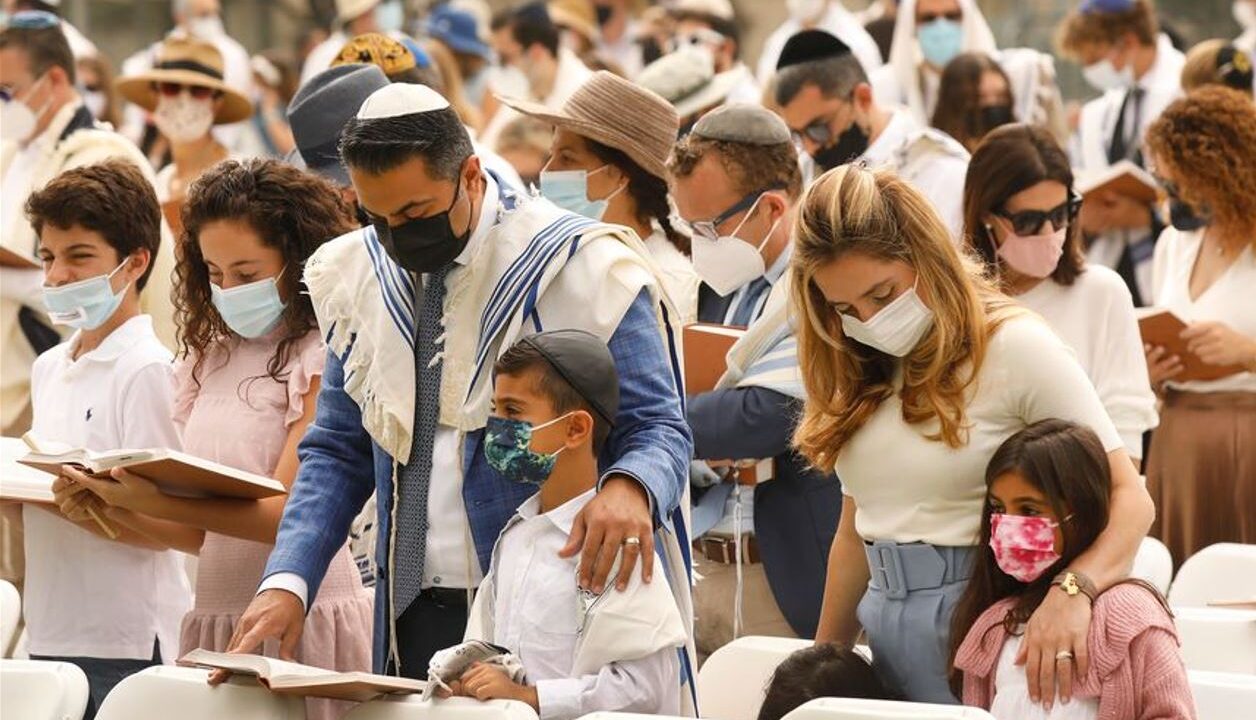The Meaning of a Yom Kippur Prayer
Kol Nidrei, one of the most awe-inspiring and misunderstood parts of Jewish liturgy, dramatizes the power of repentance.

Sunday, Sept. 25, marks the beginning of one of the most important periods of the Jewish calendar. Rosh Hashana, the New Year, begins Sunday night, followed 10 days later by Yom Kippur, the Day of Atonement. Many Jews who do not attend synagogue regularly make sure to be present for the evening prayer service that marks the start of Yom Kippur, when worshipers recite Kol Nidrei, perhaps the most famous passage in Jewish liturgy—and one of the least understood.
At first sight Kol Nidrei (also known as Kal Nidrei), which roughly translates to “all vows,” may seem technical and prosaic, entirely out of place for the holiest day of the Jewish year. One common version reads: “All vows, prohibitions, bans, oaths, restrictions, penalties and oaths of dedication, that we will utter and swear, and take upon ourselves, from this Day of Atonement until the next Day of Atonement, to come in goodness; all these [vows] I regret; let all of them be discarded and forgiven, abolished and undone; they are not valid and they are not binding.” As mundane as this may seem, by acknowledging the human temptation to take vows we will later regret, this legal formula offers an important message about the power of regret to foster lasting change in our lives.
The Bible declares that human speech has enormous power and that vows made to God must be fulfilled: “If a man vow a vow unto the Lord, or swear an oath to bind his soul with a bond; he shall not break his word, he shall do according to all that proceeds out of his mouth” (Numbers 30:2). Such a vow could bind the speaker to do something admirable, such as bringing a gift to the Temple in Jerusalem, the ancient center of Jewish rites. But vows could also be taken impetuously. In a fit of pique, you could bind yourself to a vow with adverse effects for your entire life.
Continue reading at the Wall Street Journal [subscription required].
Kol Nidrei, one of the most awe-inspiring and misunderstood parts of Jewish liturgy, dramatizes the power of repentance.
Kol Nidrei, one of the most awe-inspiring and misunderstood parts of Jewish liturgy, dramatizes the power of repentance.

